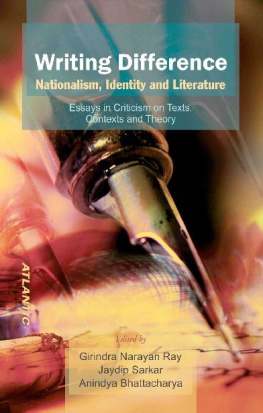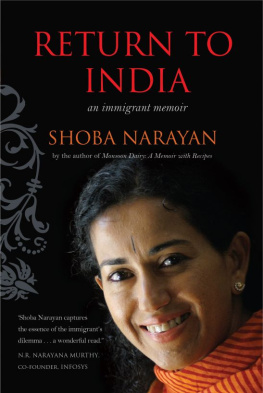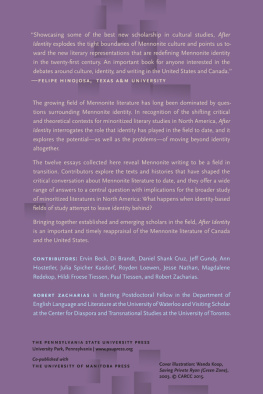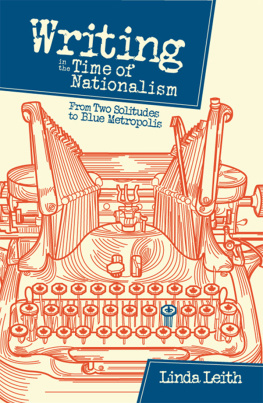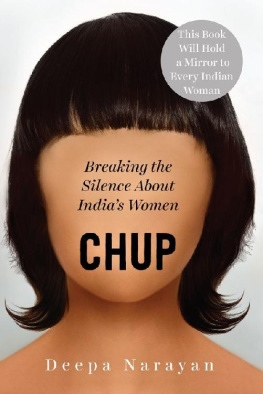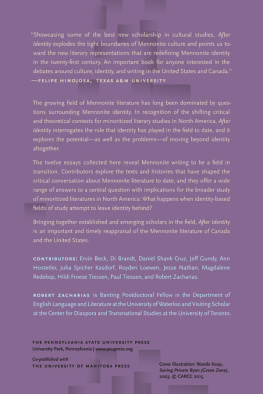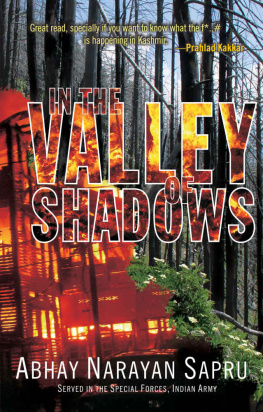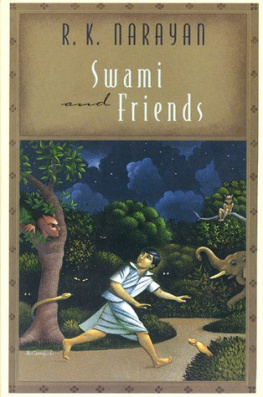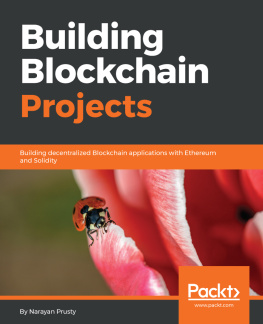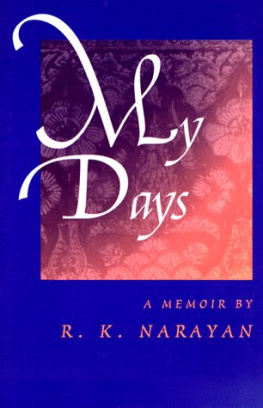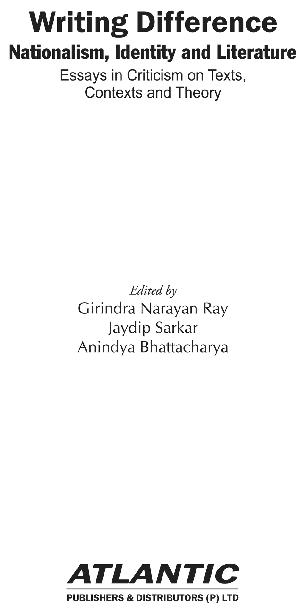Published by
7/22, Ansari Road, Darya Ganj,
New Delhi-110002
Phones : +91-11-40775252, 23273880, 23275880, 23280451
Fax : +91-11-23285873
w eb : http://www.atlanticbooks.com
e -mail :
Branch Office
5, Nallathambi Street, Wallajah Road,
Chennai-600002
Phones : +91-44-64611085, 32413319
e -mail :
Copyright 2014 Editors for selection and editorial matter; the contributors for individual chapters
E-book ISBN 978-81-269-2296-3
Hardcover ISBN 978-81-269-1938-3
All rights reserved. No part of this publication may be reproduced, stored in a retrieval system, transmitted or utilized in any form or by any means, electronic, mechanical, photocopying, recording or otherwise, without the prior permission of the copyright owner. Application for such permission should be addressed to the publisher.
Disclaimer
The author and the publisher have taken every effort to the maximum of their skill, expertise and knowledge to provide correct material in the book. Even then if some mistakes persist in the content of the book the publisher does not take responsibility for the same. The publisher shall have no liability to any person or entity with respect to any loss or damage caused, or alleged to have been caused directly or indirectly, by the information contained in this book. Hence, the book should be taken as a general guide only.
The publisher has fully tried to follow the copyright law. However, if any work is found to be similar, it is unintentional and the same should not be used as defamatory or to file legal suit against the author/publisher.
If the readers find any mistakes we shall be grateful to them for pointing out those to us so that these can be corrected in the next edition.
All disputes are subject to the jurisdiction of Delhi court only.
Preface
Nation has been, for the last few decades, one of the most dominant themes of debate and discussion under the interdisciplinarity of what is known as the Postcolonial Studies all over the world. This gives the academia the scope to produce the necessary discourses to analyze and investigate the multiple relationships that the emerging/developing nations had with their colonial rulers in the past, and have now with their fragments in the present. These two taken together project the possible shape of the nation in the making. This scenario presents a trajectory of diverse and competing discourses, depending on the multiplicity of voices; some of which are dominant, while others are relatively repressed. Inevitably, concomitant issues, namely those of caste, class, gender, ethnicity, linguistic/religious minority, and so on, get prioritized along the discursive axis of identity and difference. These issues have been studied in specialized manners by the social sciences scholars. But they have engaged the critical attention of literary critics and scholars, that is, the literary disciplines too, equally comprehensively, both in terms of theory and practice. The only difference in their case is that their primary material is the literary texts. This, however, involves them more in issues like representation. Text as representation/representation as text makes them engage in what is called textuality/discursivity. Theory and practice as regards the nation and nationalism have been thus textuality/discursivity oriented in a bid to recuperate their social and cultural specificities and hence diversities.
Nation as a discourse cuts across all boundaries, social, cultural, political and geographical. Identity is the chief question that inheres in it as problematic, both in its colonial and postcolonial passages. No wonder, difference and heterogeneity are here centrestaged for nations determination, and these can best be represented in literature. So emphasis has been laid on the literary texts coming from various writers from different national situations to which they belong. Contributors have selected their texts for analyses accordingly, articulating theoretically the underlying narratives of the nations across the world. The spectrum is wide enough to embrace nations and cultures like Asian/South Asian, African, Irish and Jewish, Australian, American and European. Some texts are widely known, while some others are recent ones. But all of them provide new critical dimensions for understanding the emerging problems related to the postcolonial period of decolonization when the national situation appears to be still bedevilled by the legacies of colonialism. The other questions raised are those of identities of the diasporas and those of the ethnic communities within the postcolonial nations. All in all, renewed critical and theoretical light has been shed on all these questions in terms of twenty-five well-written and well-referenced critical articles.
The book will be useful for students and teachers of English literature and researchers in nationalism and identity in English literature.
Girindra Narayan Ray
Jaydip Sarkar
Anindya Bhattacharya
Acknowledgements
We take this opportunity to offer thanks and express gratitude to all of our contributors across the world. They responded with their articles in due course but never lost patience when the process of publication got delayed. We owe thanks also to many of our colleagues in our departments, as well as friends outside, who have always been enthusiastic about the present publication and proved helpful in many ways. We would certainly fail in our duty if we do not in this context mention Professor Mohit K. Ray who has always been a mentor for many of us not only in respect of publication but in respect of academic pursuit in general. We thank him indeed heartily.
Girindra Narayan Ray
Jaydip Sarkar
Anindya Bhattacharya
Contents
Introduction: Nation, Nationalism, Identity and Difference
TEXTS
Asian/South Asian
Tagores Critique of Nationalism: Reading
The Con-text of Diasporic Muslim Identity/ies: Monica Alis
From Nationalist Iconography to Postnational Mythographies: Sindhiness in Meira Chands
Conflicts of Identity in New Tibetan Literature in English
Hong Kong Literature: Resisting an Imposed National Identity
The Hollow Shell of Nationality: Competing Nationalisms and the Emergence of Dictatorship in David Cautes
Reading African Childrens Literature: Nationalist Discourse in Fatima Mernissis
Dancing into the Guts: Reclaiming Sylvia in Earl Lovelaces
Racial Funambulism, Retribution, and the Erection of an-Other Order: Seminal Black Nationalist Discourse in Iceberg Slims
Examining Race, Identity and Language in Jean Rhyss
Diasporas on the Move: Lines of Flight in Timberlake Wertenbakers
Generating and Scripting the National: A Study of Irish Revivalist and Postcolonial Contexts
A Furtive Lorry: Colonial Things in Elizabeth Bowens
Patrick McCabe/Bradens Paratexts in
When Theory Proves Insufficient: Between Language and Memorialization, Or (How) Do Second-Generation Survivors Address the Jewish Genocide?

